The wealth within the modern day professional football setup has brought with it many blessings none more so than the ability to turn people’s lives around.
A life of immense adversity can be turned around in favour of a life of immense luxury in a matter of minutes, giving footballers the opportunity to rise above their struggles and make something of themselves, but like everything in life, with great wealth comes an even greater responsibility.
Far too often, footballers who were taken off the streets courtesy of the beautiful game, find themselves back on it when their careers are over, but why is that? That is due to a lack of understanding of what it is to invest in the future, and stories of prominent footballers who have lost everything post football should come as a stark reminder for current and up-and-coming footballers of how fragile that wealth is in the greater scheme of things.
That is why speaking to people within the football fraternity such as Matthew Booth and now Jeremy Brockie is a breath of fresh air, particularly in a time where recklessness and greed has corrupted the players' mindsets. These advocates of change should certainly serve as role models for the talented individuals coming through the ranks; something which there is certainly a lack of in South African football.
“Every footballer needs to understand that a football career is short and you need to start planning for the future as soon as possible, [and] not wait until your career is near the end before you try and save money, because it’s too late,” Brockie told Goal in an exclusive interview.
Next Match
This was Brockie’s parting advice to all up-and-coming footballers as we ended our interview in Johannesburg, but I found it only appropriate to begin with that quote as it very much epitomises the struggle of footballers in the South African top flight.
“So, be responsible, save wisely and be prepared for their career to end at any stage,” he added.
Brockie may be regarded as one of the Premier Soccer League’s (PSL) top footballers, but this fame and fortune have certainly not changed the New Zealand international. On meeting the 30-year-old for the very first time, you find not just another footballer but a person with a level head and sheer concern for the plight of the average football in South Africa as the lethal marksman shared some alarming insight into the South African game.
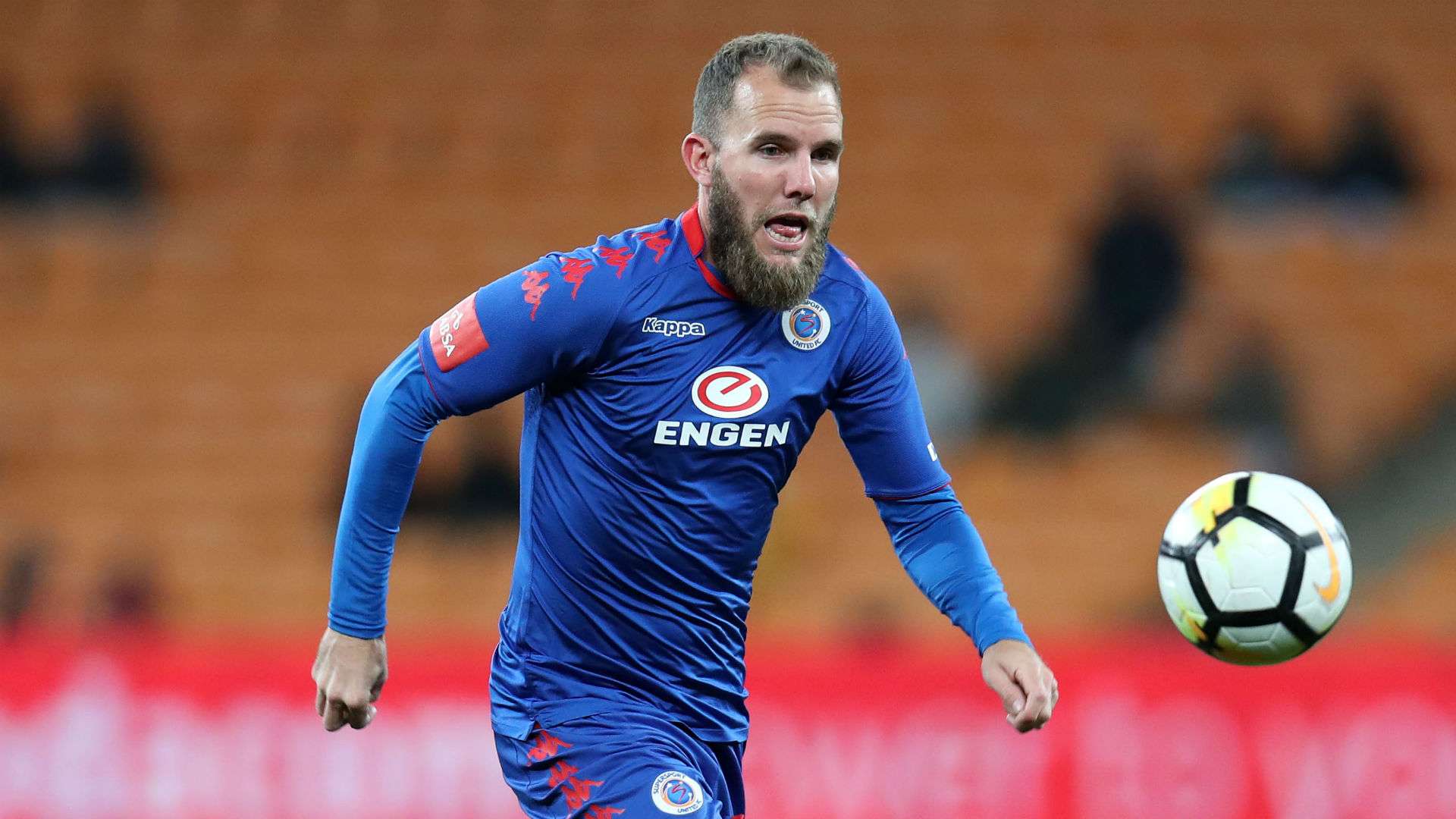 Backpagepix
Backpagepix
While football is seen to be a lucrative business in South Africa and on the continent, there is a tendency to look up to the players playing in the biggest football leagues around the world and emulate their big-spending lifestyle, which is not necessarily sustainable in the South African context.
“Yeah, for sure that’s a big issue in football, obviously with social media and things like that you following the Paul Pogba’s, Messi’s and Ronaldo’s and you looking at them and seeing what they’re driving and their houses and stuff, and in terms of a salary comparison you actually nowhere near that standard and there’s a perception here in SA that I’ve noticed that because you’re a footballer, some people feel pressured that they have to live up to a certain standard and drive those flashy cars or live in those fancy houses to make it look like you are earning a decent wage,” he said.
“I think I’ve got a couple of players in my own team that are single 25-30 year-olds and have got three cars, they are renting and you probably not actually owning any of them. Probably paying off loans and with the interest rates here in SA, you just digging yourself a hole that’s very hard to get out of, and also I know that players are spending their signing on fees and bonuses before they actually get them which is another big problem,” he continues.
The SuperSport United striker though admits that looking at the bigger picture, especially at the beginning of one’s career is not always the easiest, but says that the onus lies firmly on the player to make certain financial sacrifices.
“I think me being 30-years-old, I look back and think as early as you can, you need to start putting money aside for when you finish your career. I only started seriously looking into it maybe two or three years ago and I look back now wishing I had started earlier,” he lamented.
“I’ve spoken to a couple of young boys on our team that luckily enough SuperSport have given them people to talk to, to steer them in the right direction and hopefully they take that advice on. You can only give that advice and it is up to them what they do with it really. Even myself as an example, people would express how important it is to save money when you’re young and you are like ‘no I’ve still got 10-15 years of earning good money, I’ll look at it later down the track’, especially in football. Your career could be over in a couple of years if you fall out of form or injury strikes, you always got to be prepared," he said.
Although, some clubs such as SuperSport have offered players financial advice, according to Brockie there is still a lot that needs to be done.
“Probably not. like I said I think SuperSport may be a little different to other clubs and they do have genuine interest in trying to help players whether that’s a league wide thing, I’m not really too certain. I’d say from reading some stories, it’s not a common goal," continued the marksman.
Speaking from experience, Brockie recalled how at one time he asked his club for help with completing his schooling, and the club’s response was rather startling.
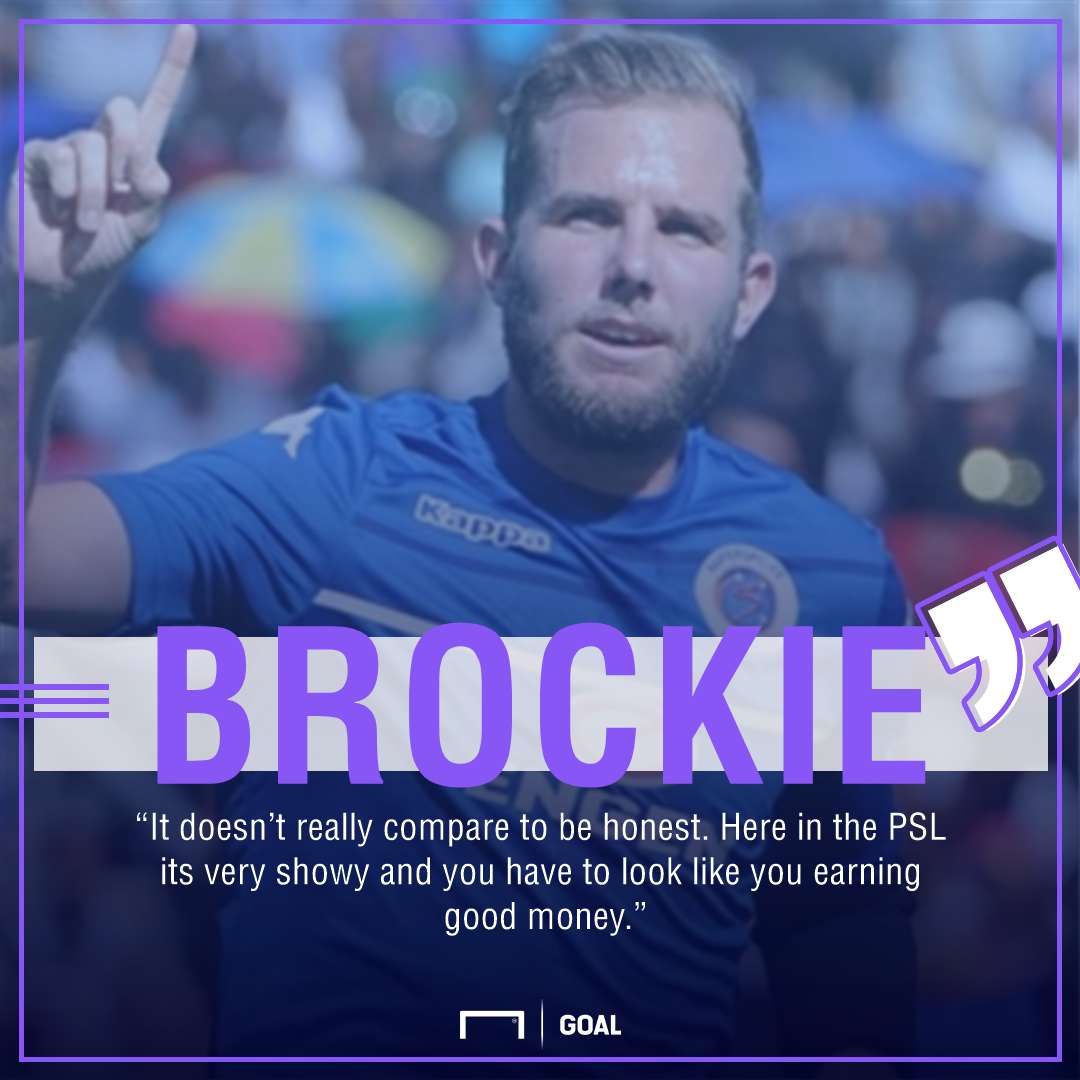
“I actually went to SuperSport, to one of the board members before the start of this year maybe half way through last year and asked them if I could get some help with doing some study or help me talk to someone who could give me some career advice for after football. They said to me I was the first player in 20 years that actually asked for help and they obviously appreciated that and have given me the help if needed,” he recalled.
While much is always said about the role of clubs and relevant football authorities, agents are sometimes the guiltiest, offering their client inadequate if not any advice at all. Brockie, though believes that a player also needs to find a representative who has his client's best interests at heart.
“From personal experience, I’m with a company that there’s not just the agent looking after a contract, there’s people within the company that will look after social media or the financial side of things,” he explained.
“For me, it’s better to get into a company that is more than just the agent because if you just go with an agent who is working by himself, who has 50 players the chances of you getting some help financially or some advice is slim, but then again, the agent can only give you so much of advice and steer you in the right direction. So, the player has to take some responsibility for himself and do something with that advice," said Brockie.
The former Newcastle Jets player, also admits that there are vivid comparisons between the level of professionalism in the Australian A-League and the way they take interest in their players compared to the PSL.
“Talking from personal experience coming from the A-League which is very well run and does look after the players, they have a very good PFA (Players Football Association) that is dedicated to looking after the players and their best interests. I know that there is a PFA (Safpu) here, but it is not really like up and off the ground and running. They came to talk to our club maybe two-years ago, trying to get the players interested. They were selling a good story but at the end of the day they were saying they wanted a percentage of your salaries to get us up and running,” he revealed.
“I went up to them afterwards and told them why don’t you get all the players signed up get up and running and then you can go to the businesses and different companies and grow the PFA and maybe then down the track you can start asking for players salaries, because all players like to have their own money and don’t like to dish it out very easy. I think the PFA need to really take advantage and get on the front foot and try to lift that side of football,” said Brockie.
The stark comparison between the two leagues doesn’t just stop at the roles of the league’s stakeholders, but Brockie explained that there is also what he terms a very ‘showy’ culture in South African football, and he admits that this came as a culture-shock when he first moved to South Africa in 2015.
“It doesn’t really compare to be honest. Here in the PSL it's very showy and you have to look like you're earning good money,” he stated.
“Here you have more responsibility with the players and their communities, they are seen to be earning a good income. So, they have to look after their families. So yeah, it is really showy here in South Africa. I own two cars and one is a Honda and one is a KIA, whereas our players one guy has three cars. A BMW and Audi and Lamborghini or two Audi’s and a BMW, that’s where South African footballers have gone wrong,” he revealed.
“It comes down to the player at the end of the day. They are the ones getting the salary put into their accounts. They are the ones who are making those financial decisions. At the end of the day, the sole responsibility is the player,” he emphasised.
While Brockie admits that finding a destitute footballer is unlikely to happen in a country like Australia due to their impressive programmes which have been put into action, he does agree that this isn’t a problem limited to Africa or South Africa.
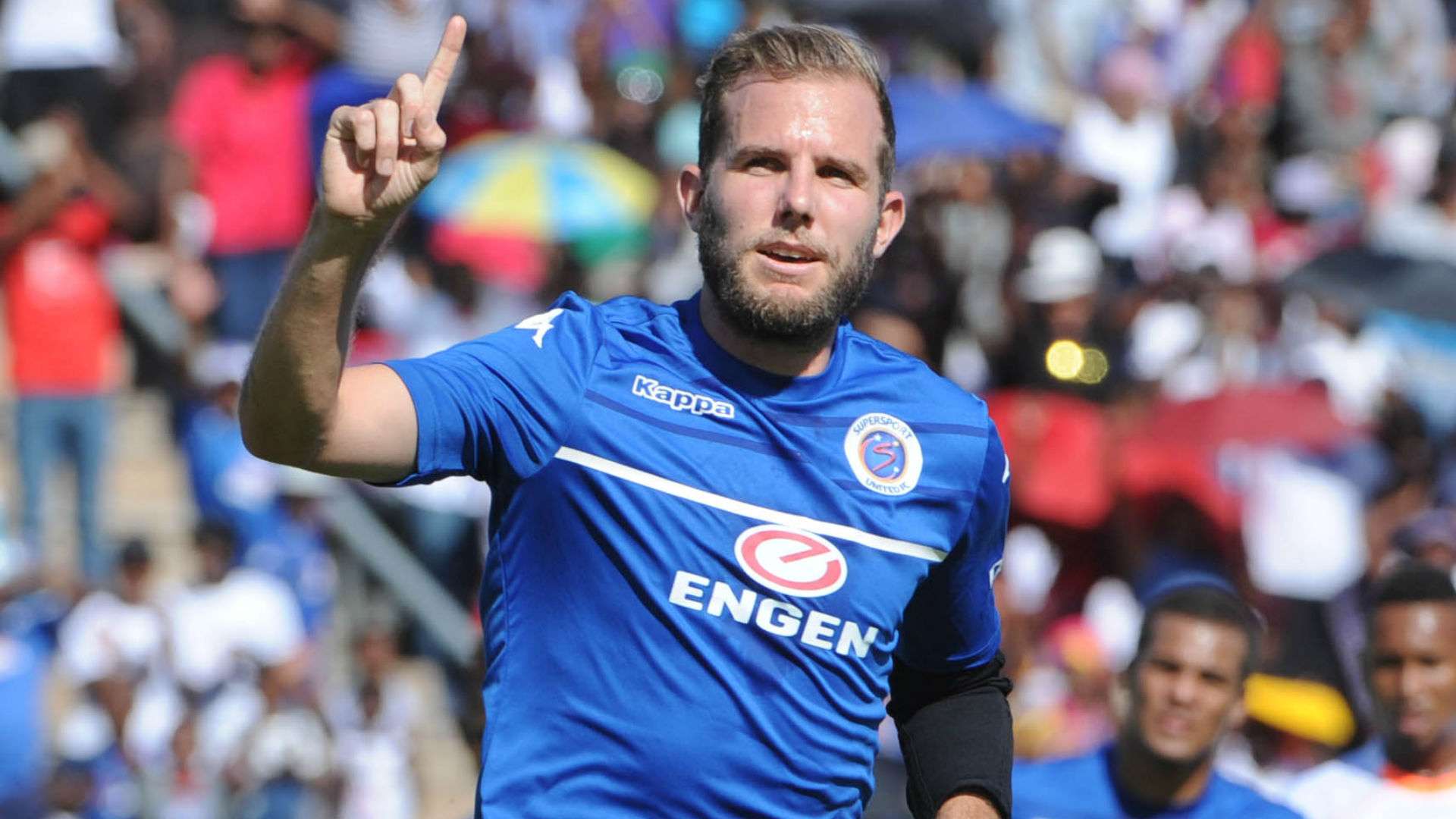 Backpagepix
Backpagepix
“I think it is a global issue. You hear stories of players who have had 10-15 years in the (English) Premier League and are now bankrupt, looking for money as well. It’s different here because in other countries the unemployment rate is very different and education is easily accessible and in a lot of countries it is free whereas here it not the case," he explained.
Brockie has certainly immersed himself and his family into the South African culture, but when it comes to spending, don’t expect him to be purchasing a flashy car with his MTN 8 winning bonus anytime soon.
“Not once have I felt that I have to go out and be showy. I have no embarrassment in turning up to training driving a Honda or wearing non-labelled clothes,” he expressed.
“I think I have always been money conscious. I set budgets for myself. I work towards goals of how much of that monthly income I do not touch that goes into savings. I have a budget for living allowances, food allowances, and even if I go over that I get annoyed. The money you probably earning now will not be sustainable,” Brockie said as he gave a brief summary of some of the investments he has made over recent years.
Lastly, speaking to Brockie you realise that one of the reasons for his success on and off the field is the solid grounding that he has been given. Unlike many in the South African top flight, Brockie has been blessed with a wife and an amazing family who have clearly played a massive role in his career.
“Its massive,” Brockie stated regarding the importance of a support system.
“That is also a little bit of the problem. The players who are single go and spend the money a lot more than players like myself who have a family and have to put them first before I make any silly decisions when it comes to money. It’s good to have a steady life that we can plan and bounce ideas off each other and have the same goals,” he concluded.
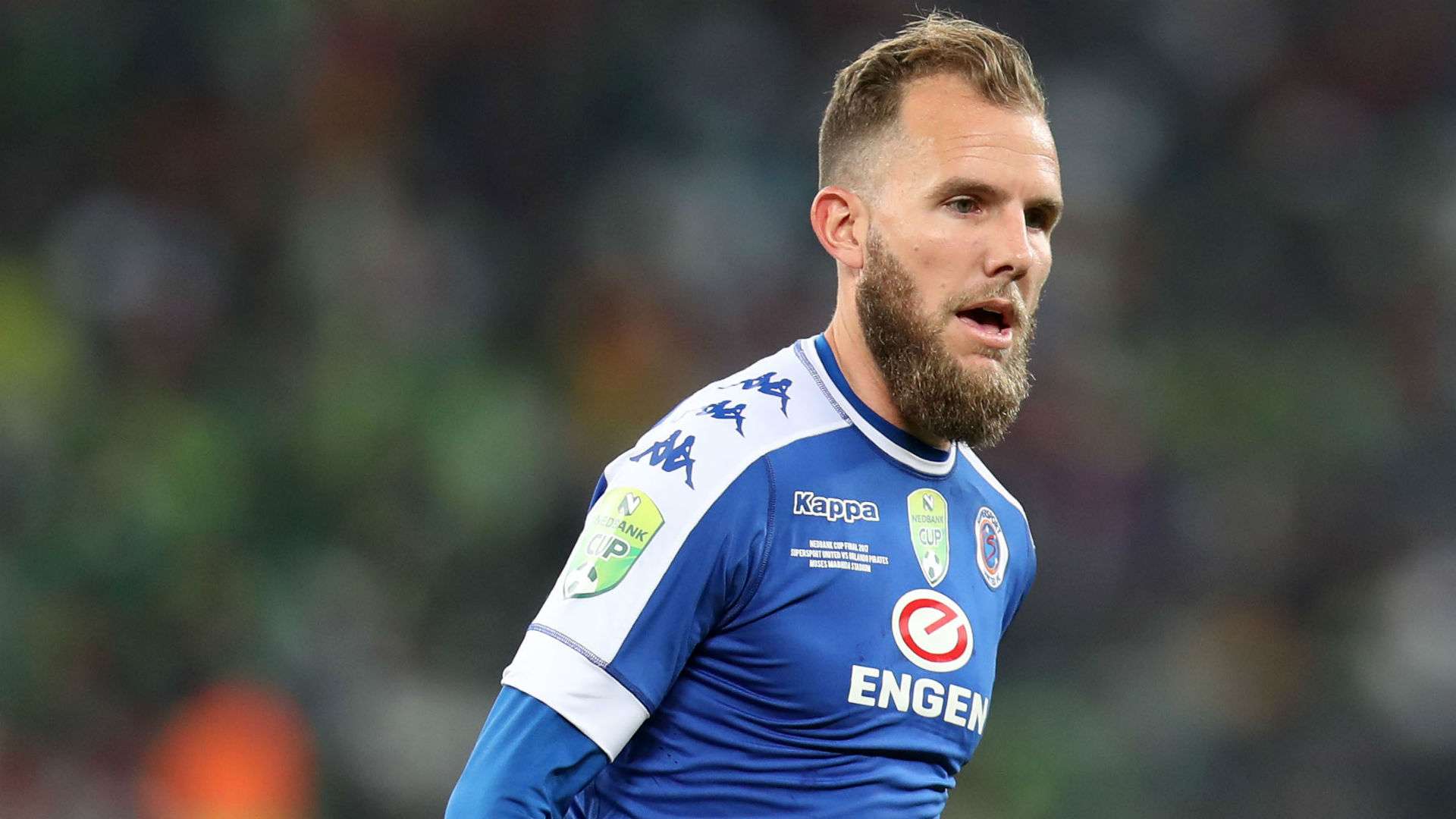



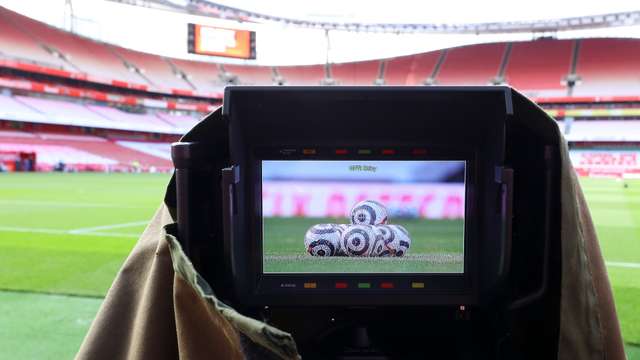
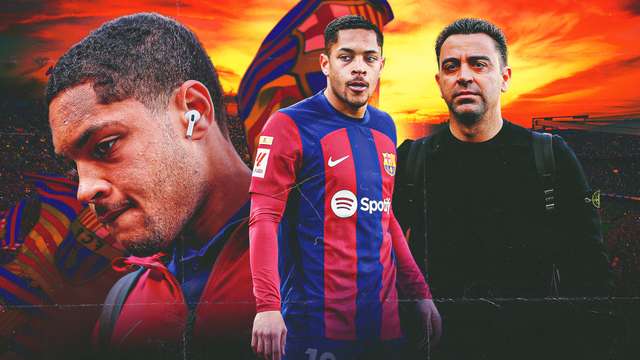
-min.png?auto=webp&format=pjpg&width=640&quality=60)